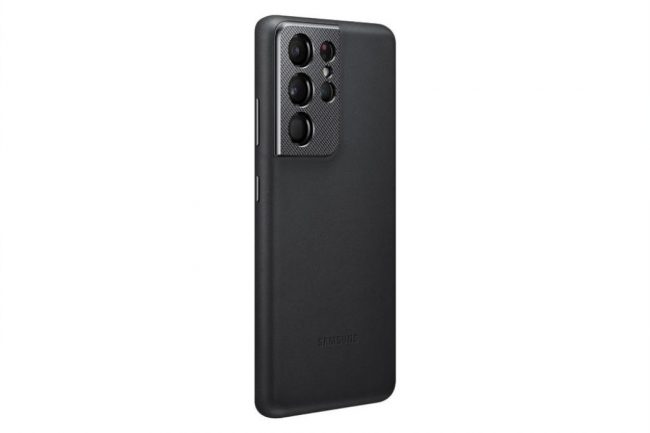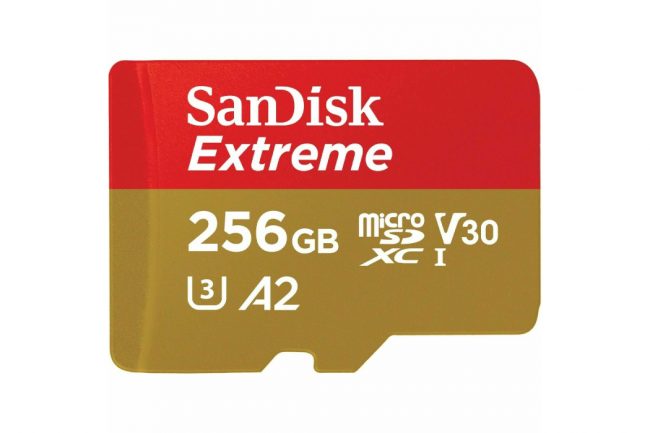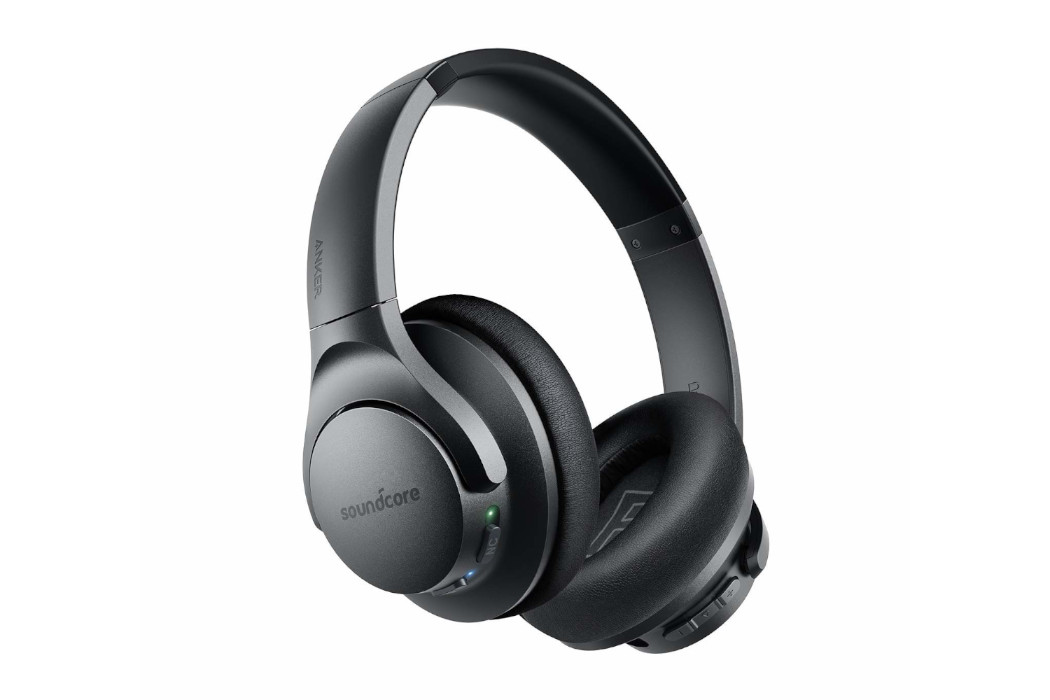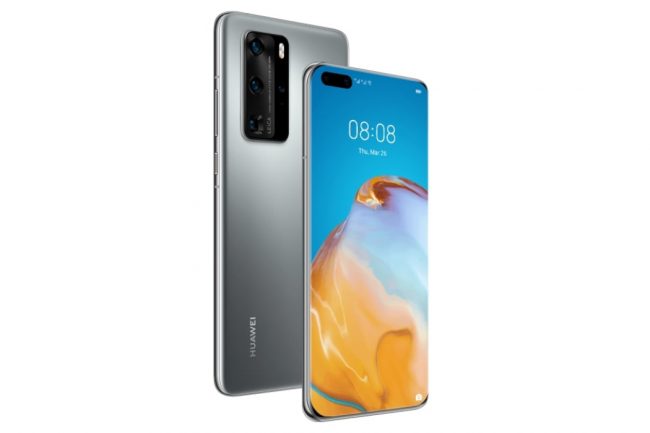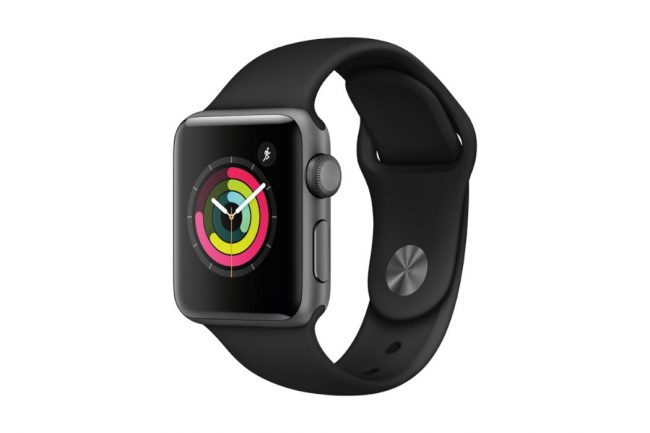TikTok has an “Alarming” and “Excessive” Level of Access to Your Phone
According to new analysis of its source code, raising alarm about the volume of information and its security.
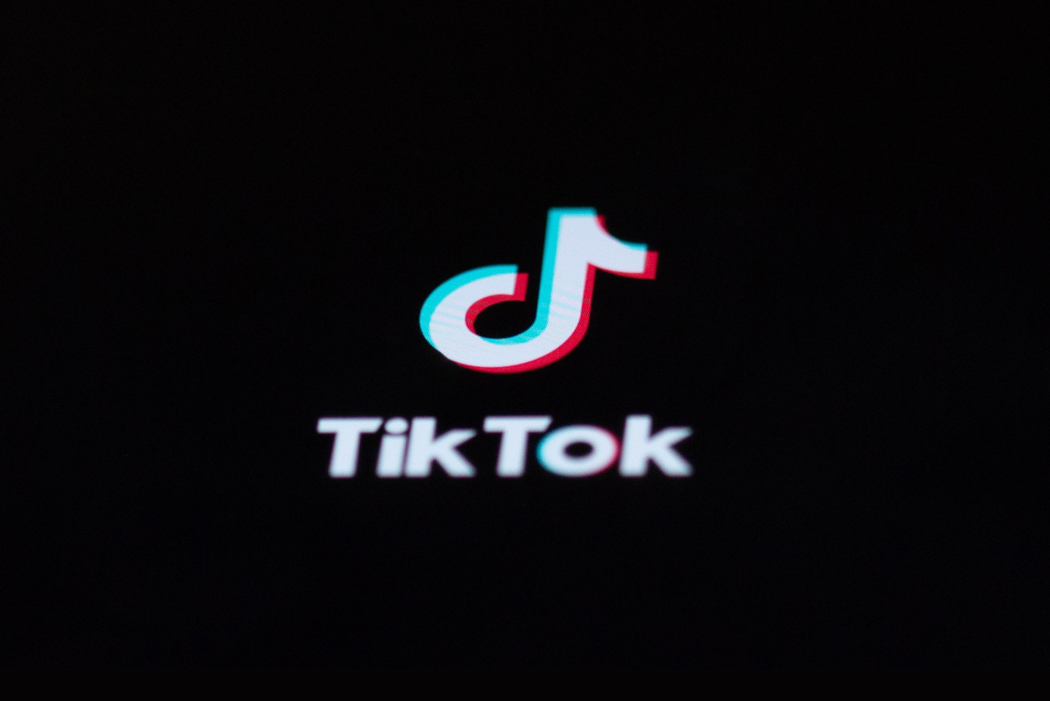
TikTok is loved by some and hated by some. But still, it has remained popular. It has been estimated that the platform will have 2.6 trillion daily users by 2025. The number is astonishing as it is 106 times the population of Australia. Eight new users join the platform every second.
TikTok
Few of those users are aware of the fact that using TikTok on your phone provides it access to your personal information. The latest analysis by Australian cybersecurity firm Internet 2.0 has revealed that TikTok requests almost complete access to the contents of a user’s phone when the app is in use. It includes contact lists, photos, and calendar.
The CEO and co-founder of the company, Robert Potter, stated that his team has pulled apart the app’s source code to access how it was functioning on a phone. He said, “When we did that, we saw the permission layer that the phone was requesting was significantly more than what they said they were doing publicly. When the app is in use, it has the ability to scan the entire hard drive, access the contact lists, as well as see all other apps that have been installed on the device.”
Potter also said that the permissions from TikTok are “significantly more” than what a social media site usually needs access to. Though the research has been about proving that the platform is harvesting data, Potter said that because Internet 2.0 could only see parts of how the app was functioning, it doesn’t have visibility of what exactly has been pulled. He said, “All we can say, is that TikTok grants itself permission to pull that data.”
Potter also mentioned that when Internet 2.0 raised this issue with TikTok, they weren’t clear for what exactly they were using those permissions. But still, the permissions being there is alarming and should concern every user.
The catch is that users give TikTok permissions as they have no choice if they want to use the app. It’s unclear what terms and conditions a person is signing up for. Thankfully, ACCC is looking into it on a broader scale.
Share this on social media

